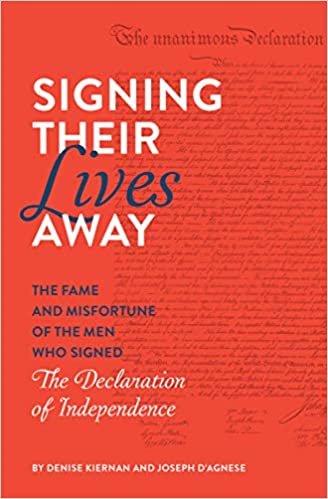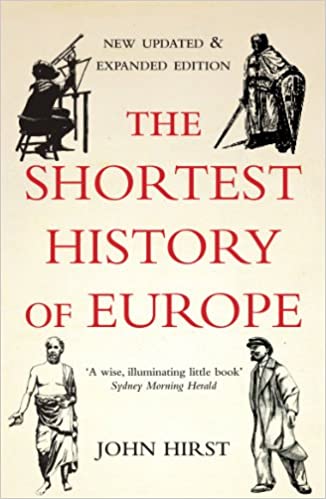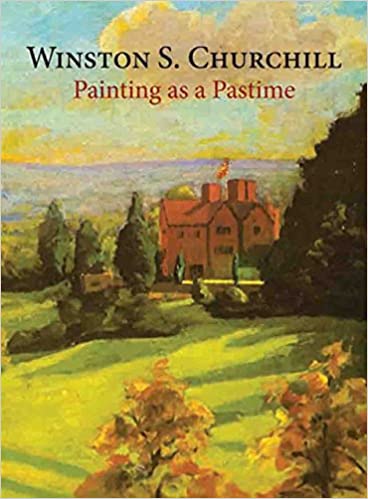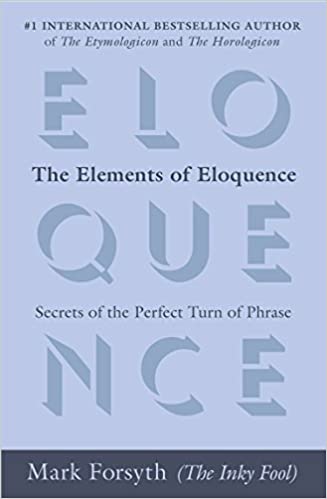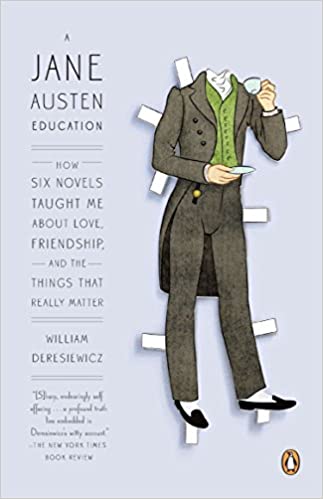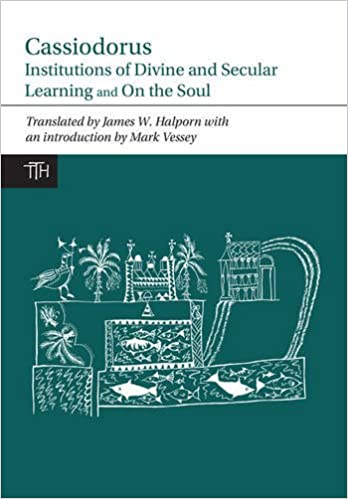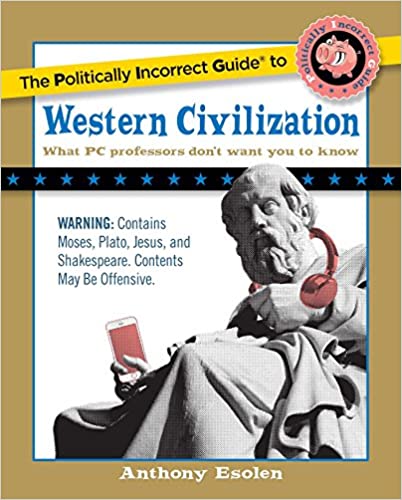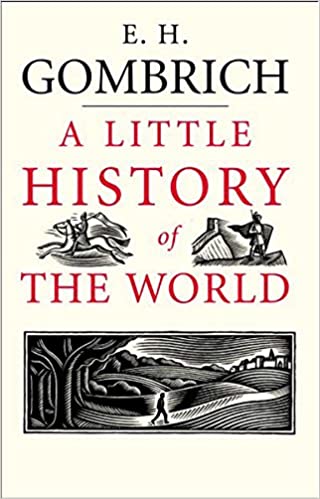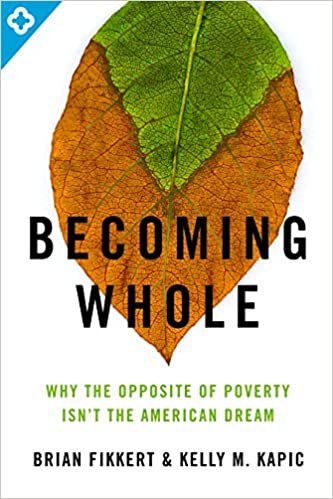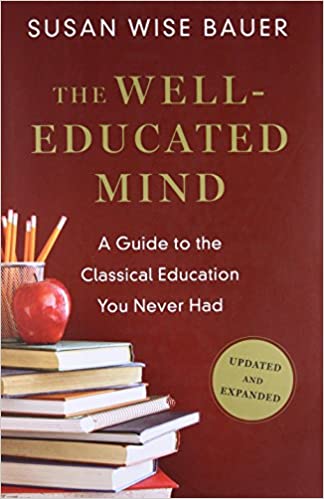Signing Their Lives Away: The Fame and Misfortune of the Men Who Signed the Declaration of Independence
An entertaining and essential collection of stories about the surprising and strange fates of the fifty-six Founding Fathers who signed the Declaration of Independence.
More info →The Shortest History of Europe
In this short, entertaining and thought-provoking book, acclaimed historian John Hirst provides a fascinating exploration of the qualities that have made Europe a world-changing civilisation. Starting with a rapid historical overview from the ancient Greeks to the present day (the 'shortest history' itself), Hirst goes on to explore in detail what makes Europe unique: its political evolution; the shaping influence of its linguistic boundaries; the crucial role played by power struggles between Pope and Emperor; and of course the great invasions and conquests that have transformed the continent.
More info →Painting As a Pastime
The perfect antidote to his 'Black Dog', a depression that blighted his working life, Churchill took to painting with gusto. Picking up a paintbrush for the first time at the age of forty, Winston Churchill found in painting a passion that was to remain his constant companion. This glorious essay exudes his compulsion for a hobby that allowed him peace during his dark days, and richly rewarded a nation with a treasure trove of work.
More info →The Elements of Eloquence: Secrets of the Perfect Turn of Phrase
From classic poetry to pop lyrics, from Charles Dickens to Dolly Parton, even from Jesus to James Bond, Mark Forsyth explains the secrets that make a phrase—such as “O Captain! My Captain!” or “To be or not to be”—memorable.
More info →A Jane Austen Education: How Six Novels Taught Me About Love, Friendship, and the Things That Really Matter
Before Jane Austen, William Deresiewicz was a very different young man. A sullen and arrogant graduate student, he never thought Austen would have anything to offer him. Then he read Emma—and everything changed.
In this unique and lyrical book, Deresiewicz weaves the misadventures of Austen’s characters with his own youthful follies, demonstrating the power of the great novelist’s teachings—and how, for Austen, growing up and making mistakes are one and the same. Honest, erudite, and deeply moving, A Jane Austen Education is the story of one man’s discovery of the world outside himself.
More info →On Christian Teaching
The De Doctrina Christiana ("On Christian Teaching") is one of Augustine's most important works on the classical tradition. Undertaken at the same time as the Confessions, it sheds light on the development of Augustine's thought, especially in the areas of ethics, hermeneutics, and sign theory. This completely new translation gives a close but updated representation of Augustine's thought and expression, while a succinct introduction and select bibliography present the insights of recent research.
More info →Institutions of Divine and Secular Learning
As a minister of the Ostrogothic regime in the time of Theoderic, Cassiodorus had as brilliant a political career as any Roman of the late empire. Around 538 CE he published a collection of his state letters under the title of Variae (TTH 12), and disappeared from the public record. Half a century later, dying at his country estate in Calabria, he left behind the exemplars for another world of texts: that of the Christian universe of Scripture, now encompassing the Seven Liberal Arts.
More info →The Politically Incorrect Guide to Western Civilization
Everything you should know--but PC professors won't teach--about Western heritage.
Western civilization is the envy of the globe. It has given to the world universally accepted understandings of human rights (rooted in Judeo-Christian principles), created standards for art, music, and literature that have never been equaled, and originated political and social systems that have spread all across the planet.
Political correctness now obscures these and other truths about Western civilization. Leftists and Islamic jihadists find common cause in assailing Western "colonialism," "imperialism," and "racism" as its defining characteristics. Guilt-ridden Western leaders and public figures speak of their cultural patrimony in disparaging terms they would never dare to use about a non-Western culture. And in universities, "multicultural"-minded professors flatter students into believing they have nothing really to learn from Sophocles or Shakespeare.
More info →A Little History of the World
“All stories begin with ‘Once upon a time.’ And that’s just what this story is all about: what happened, once upon a time.” So begins A Little History of the World, an engaging and lively book written for readers both young and old. Rather than focusing on dry facts and dates, E. H. Gombrich vividly brings the full span of human experience on Earth to life, from the stone age to the atomic age. He paints a colorful picture of wars and conquests; of grand works of art; of the advances and limitations of science; of remarkable people and remarkable events, from Confucius to Catherine the Great to Winston Churchill, and from the invention of art to the destruction of the Berlin Wall.
For adults seeking a single-volume overview of world history, for students in search of a quick refresher course, or for families to read and learn from together, Gombrich’s Little History enchants and educates.
More info →Range: Why Generalists Triumph in a Specialized World
Plenty of experts argue that anyone who wants to develop a skill, play an instrument, or lead their field should start early, focus intensely, and rack up as many hours of deliberate practice as possible. If you dabble or delay, you’ll never catch up to the people who got a head start. But a closer look at research on the world’s top performers, from professional athletes to Nobel laureates, shows that early specialization is the exception, not the rule.
David Epstein examined the world’s most successful athletes, artists, musicians, inventors, forecasters and scientists. He discovered that in most fields—especially those that are complex and unpredictable—generalists, not specialists, are primed to excel. Generalists often find their path late, and they juggle many interests rather than focusing on one. They’re also more creative, more agile, and able to make connections their more specialized peers can’t see.
Provocative, rigorous, and engrossing, Range makes a compelling case for actively cultivating inefficiency. Failing a test is the best way to learn. Frequent quitters end up with the most fulfilling careers. The most impactful inventors cross domains rather than deepening their knowledge in a single area. As experts silo themselves further while computers master more of the skills once reserved for highly focused humans, people who think broadly and embrace diverse experiences and perspectives will increasingly thrive.
More info →Becoming Whole: Why the Opposite of Poverty Isn’t the American Dream
Western Civilization is wealthier, but it isn’t happier.
We are the richest people ever to walk the face of the earth, but according to research, we aren’t becoming happier. Families and communities are increasingly fragmented, loneliness is skyrocketing, and physical and mental health are on the decline. Our unprecedented wealth doesn’t seem to be doing us much good.
Yet, when we try to help poor people at home or abroad, our implicit assumption is that the goal is to help them to become like us. "If they would just do things our way, they’d be fine!"
But even when they seem to pursue our path, they too find that the American Dream doesn’t work for them. What if we have the wrong idea altogether? What if the molds we are using to help poor people don’t actually fit any of us? What if the goal isn’t to turn other countries into the United States or to turn America’s impoverished communities into its affluent suburbs?
In Becoming Whole (building on the best-selling When Helping Hurts), Brian Fikkert and Kelly M. Kapic look at the true sources of brokenness and poverty and uncover the surprising pathways to human flourishing, for poor and non-poor alike. Exposing the misconceptions of both Western Civilization and the Western church about the nature of God, human beings, and the world, they redefine success and offer new ways of achieving that success. Through biblical insights, scientific research, and practical experience, they show you how the good news of the kingdom of God reshapes our lives and our poverty alleviation ministries, moving everybody involved towards wholeness.
More info →The Well-Educated Mind: A Guide to the Classical Education You Never Had
The enduring and engaging guide to educating yourself in the classical tradition.
Have you lost the art of reading for pleasure? Are there books you know you should read but haven’t because they seem too daunting? In The Well-Educated Mind, Susan Wise Bauer provides a welcome and encouraging antidote to the distractions of our age, electronic and otherwise.
Newly expanded and updated to include standout works from the twenty-first century as well as essential readings in science (from the earliest works of Hippocrates to the discovery of the asteroid that killed the dinosaurs), The Well-Educated Mind offers brief, entertaining histories of six literary genres―fiction, autobiography, history, drama, poetry, and science―accompanied by detailed instructions on how to read each type. The annotated lists at the end of each chapter―ranging from Cervantes to Cormac McCarthy, Herodotus to Laurel Thatcher Ulrich, Aristotle to Stephen Hawking―preview recommended reading and encourage readers to make vital connections between ancient traditions and contemporary writing.
The Well-Educated Mind reassures those readers who worry that they read too slowly or with below-average comprehension. If you can understand a daily newspaper, there’s no reason you can’t read and enjoy Shakespeare’s sonnets or Jane Eyre. But no one should attempt to read the “Great Books” without a guide and a plan. Bauer will show you how to allocate time to reading on a regular basis; how to master difficult arguments; how to make personal and literary judgments about what you read; how to appreciate the resonant links among texts within a genre―what does Anna Karenina owe to Madame Bovary?―and also between genres.
More info →
